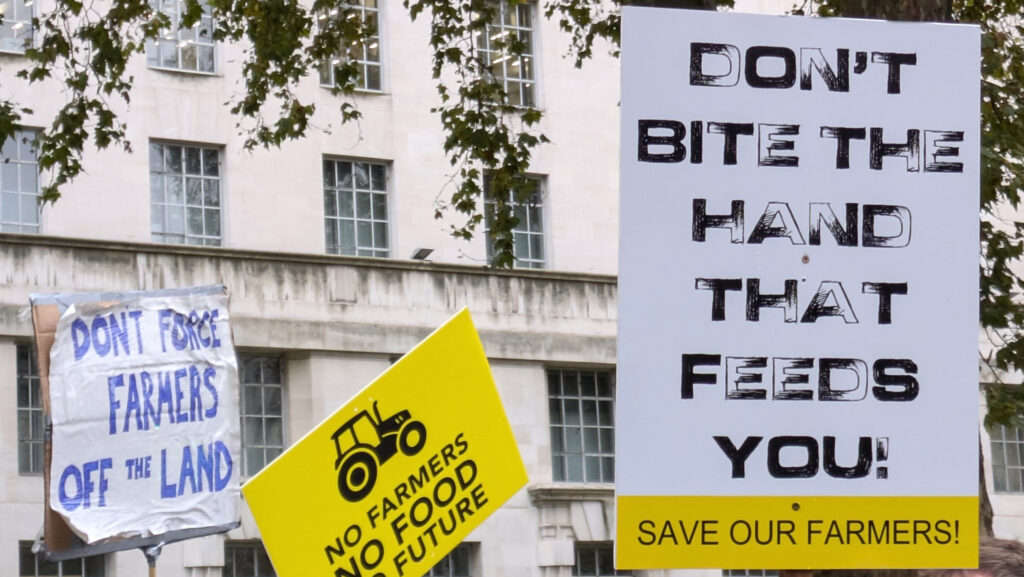Opinion: Budget was just the start of Labour’s ‘class war’
 © MAG/Martin Ward
© MAG/Martin Ward After the Budget’s inheritance tax bombshell, it was inevitable that us consultants – land agents, lawyers, tax advisers – would go into full pro-mode and fill social media with articles about succession, canny business plans and clouds with silver linings.
It’s what we do – we’re problem-solvers seeking the best outcomes for our clients.
See also: Opinion – too many politicians are ignorant of rural life
But while we’re off down the rabbit holes of technical detail, it’s easy to overlook that this is a matter of big-picture principle.
It’s hardly been in office for five minutes, and the Labour Party is already back at its favourite game: class war.
It clings to the old trope of “no such thing as a poor farmer” and its hatred of people who own land and breathe fresh country air.
I don’t buy the narrative of an incompetent government. To anyone saying that Labour doesn’t understand farming and wouldn’t have changed the IHT rules if it did – well, I think it understands it perfectly.
This is a deliberate choice. I grew up in a former Labour heartland, and I know what drives them.
Tax is supposed to be a way of raising money to spend on public services.
It’s also meant to be a neutral system that doesn’t influence individual or business decision-making.
Using tax as a tool of social engineering is clearly unethical, yet this is Labour’s goal.
Darren Jones, the chief secretary to the Treasury, said that inheritance tax should be thought of as a way to redistribute money in an unfair society.
In the case of farms, IHT changes give Labour the bonus of redistributing land and property.
But, I hear you ask, what about domestic food production and biodiversity – surely Labour hasn’t understood the consequences of breaking up family farms?
Consider that Labour is now a party of urban globalists. They don’t see a problem with relying on food imports, and they think conservation charities are better than farmers.
That said, I reckon it’d be a mistake to assume that chancellor Rachel Reeves has carried out any in-depth analysis of the full consequences of her decision.
As we’ve seen repeatedly up here in Scottish politics, when there’s a clash between ideology and reality, a socialist politician will always double down on their ideology – and then either deny the inevitable fallout, or try to blame it on someone else.
Trying to rationalise their irrationality is not just impossible, but a waste of time. Politicians like Reeves legislate according to their prejudices, not for the good of the country.
So we must call this what it is – an abuse of power. Because there will always be farms who can’t plan their way out of an IHT bill that will finish their business, their home and their way of life.
Those who care about the cohesion of rural communities rooted in family farms can launch their challenge from the moral high ground.
It’s alarming that we have a government so keen to introduce punitive tax measures as a way to change society to fit its own reductive world view.
And after its campaign promise not to touch agricultural property relief was binned at the first opportunity, any British citizen who believes that honesty and integrity must form the bedrock of public service should be deeply concerned.
If Labour gets away with this injustice, it will be emboldened to perpetrate far worse.

